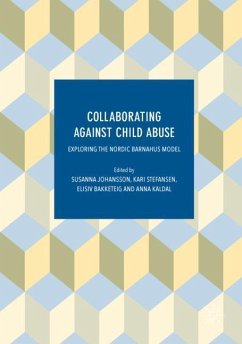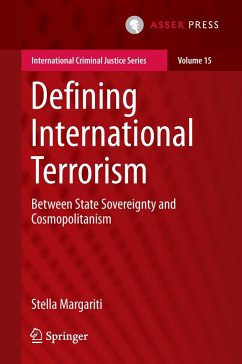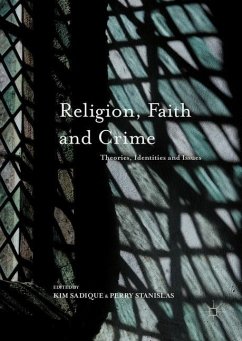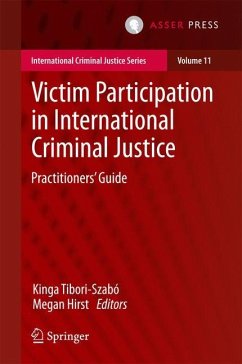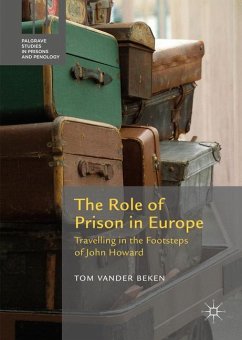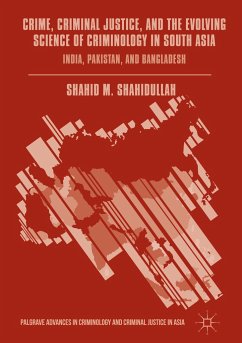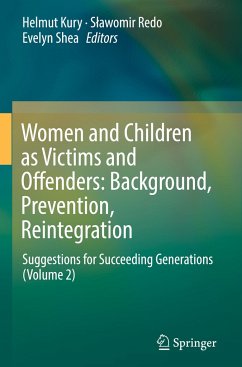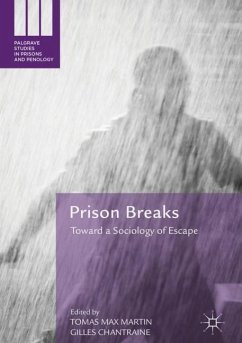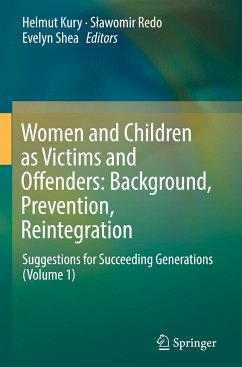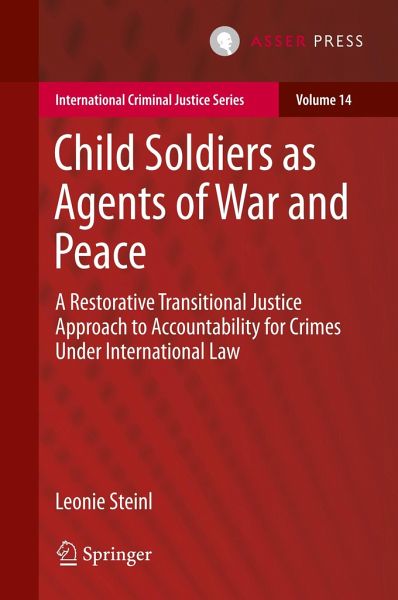
Child Soldiers as Agents of War and Peace
A Restorative Transitional Justice Approach to Accountability for Crimes Under International Law

PAYBACK Punkte
61 °P sammeln!
This book deals with child soldiers' involvement in crimes under international law. Child soldiers are often victims of grave human rights abuses, and yet, in some cases, they also participate actively in inflicting violence upon others. Nonetheless, the international discourse on child soldiers often tends to ignore the latter dimension of children's involvement in armed conflict and instead focuses exclusively on their role as victims.While it might seem as though the discourse is therefore beneficial for child soldiers as it protects them from blame and responsibility, it is important to re...
This book deals with child soldiers' involvement in crimes under international law. Child soldiers are often victims of grave human rights abuses, and yet, in some cases, they also participate actively in inflicting violence upon others. Nonetheless, the international discourse on child soldiers often tends to ignore the latter dimension of children's involvement in armed conflict and instead focuses exclusively on their role as victims.
While it might seem as though the discourse is therefore beneficial for child soldiers as it protects them from blame and responsibility, it is important to realize that the so-called passive victim narrative entails various adverse consequences, which can hinder the successful reintegration of child soldiers into their families, communities and societies. This book aims to address this dilemma. First, the available options for dealing with child soldiers' participationin crimes under international law, such as transitional justice andcriminal justice, and their shortcomings are analyzed in depth. Subsequently a new approach is developed towards achieving accountability in a child-adequate way, which is called restorative transitional justice.
This book is in the first place aimed at researchers with an interest in child soldiers, children and armed conflict, as well as international criminal law, transitional justice, juvenile justice, restorative justice, children's rights, and international human rights law. Secondly, professionals working on issues of transitional justice, juvenile justice, international criminal law, children's rights, and the reintegration of child soldiers will also find the subject matter of great relevance to their practice.
Dr. Leonie Steinl, LL.M. (Columbia) is a Researcher and Lecturer at the Faculty of Law of the Humboldt-Universität in Berlin.
While it might seem as though the discourse is therefore beneficial for child soldiers as it protects them from blame and responsibility, it is important to realize that the so-called passive victim narrative entails various adverse consequences, which can hinder the successful reintegration of child soldiers into their families, communities and societies. This book aims to address this dilemma. First, the available options for dealing with child soldiers' participationin crimes under international law, such as transitional justice andcriminal justice, and their shortcomings are analyzed in depth. Subsequently a new approach is developed towards achieving accountability in a child-adequate way, which is called restorative transitional justice.
This book is in the first place aimed at researchers with an interest in child soldiers, children and armed conflict, as well as international criminal law, transitional justice, juvenile justice, restorative justice, children's rights, and international human rights law. Secondly, professionals working on issues of transitional justice, juvenile justice, international criminal law, children's rights, and the reintegration of child soldiers will also find the subject matter of great relevance to their practice.
Dr. Leonie Steinl, LL.M. (Columbia) is a Researcher and Lecturer at the Faculty of Law of the Humboldt-Universität in Berlin.





